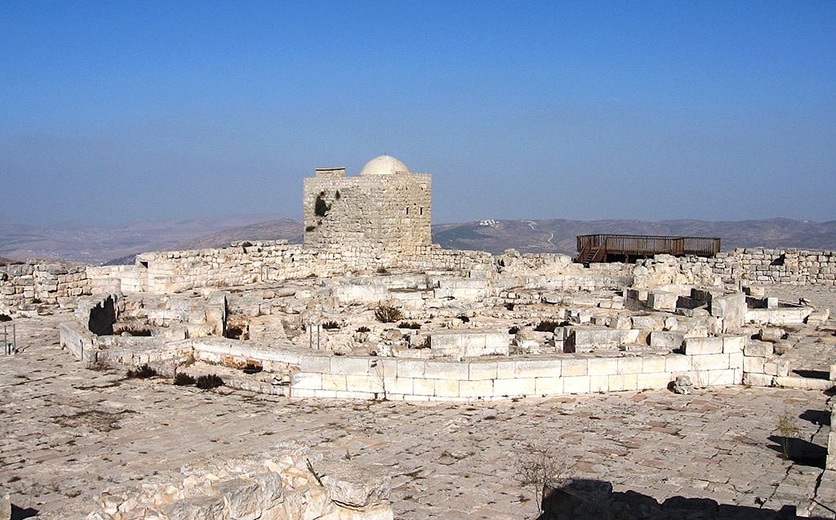A male sovereign who exercised ultimate political authority over a city-state, a nation, or an empire. A king generally held office for life, and monarchies in the biblical world were generally hereditary. In Israel, kingship was a relatively late institution. Before the institution of the monarchy, early Israel was ruled by what were essentially charismatic clan chieftains, and kingship was not instituted without serious reservations (Judg 9:7-15). Samuel the prophet warns the people of the “ways of the king” (1Sam 8:10-19) but takes the initiative in finding and anointing Saul as Israel’s king (1Sam 9:1-10:16; 1Sam 10:11). The king in Israel, even David, who was later regarded as the ideal king, was never an absolute lord over his subjects; he could not expropriate land with impunity (2Sam 24:24; 1Kgs 16:24; 1Kgs 21:4), nor was he exempt from moral and civil law generally (Deut 17:14-20). Excesses in monarchical power were one of the main things to call forth prophetic rebuke, a critique grounded in the conviction that God was the original and ultimate king (Jer 10:7-10; Ps 95:3). This idea is reflected in Jesus’s teachings about the kingdom of God (Mark 1:14-15; Luke 22:18-30). In the NT book of Revelation, Jesus is described with royal terminology (Rev 2:5; Rev 3:21; Rev 14:14; Rev 17:14; Rev 19:15-16).




